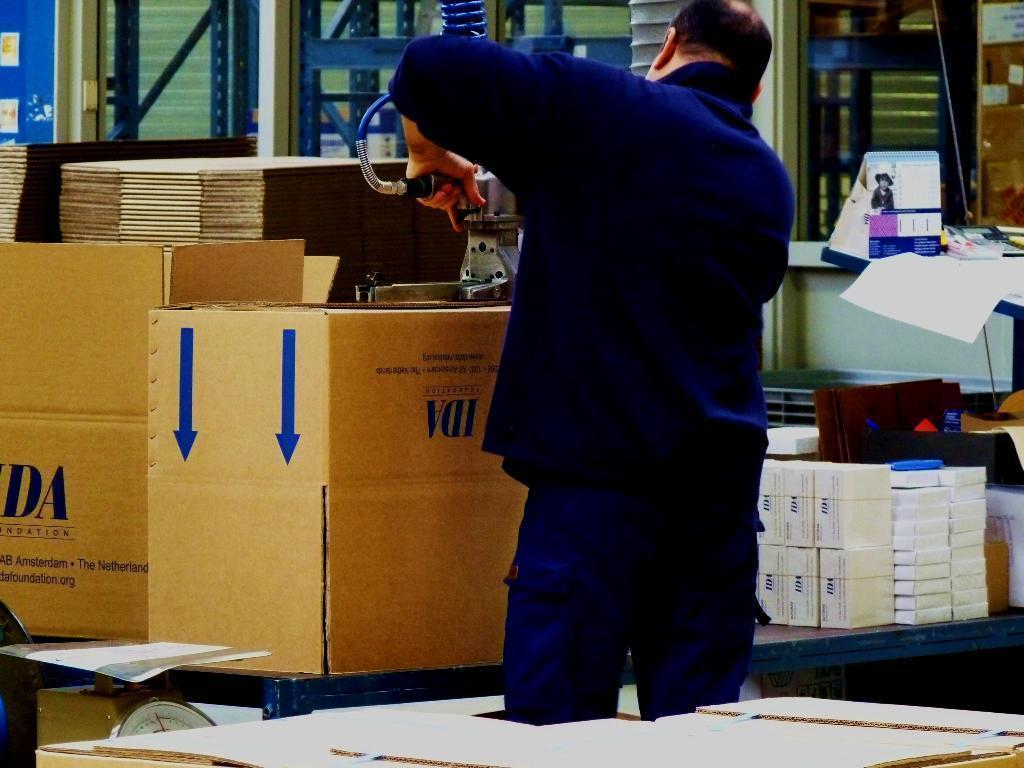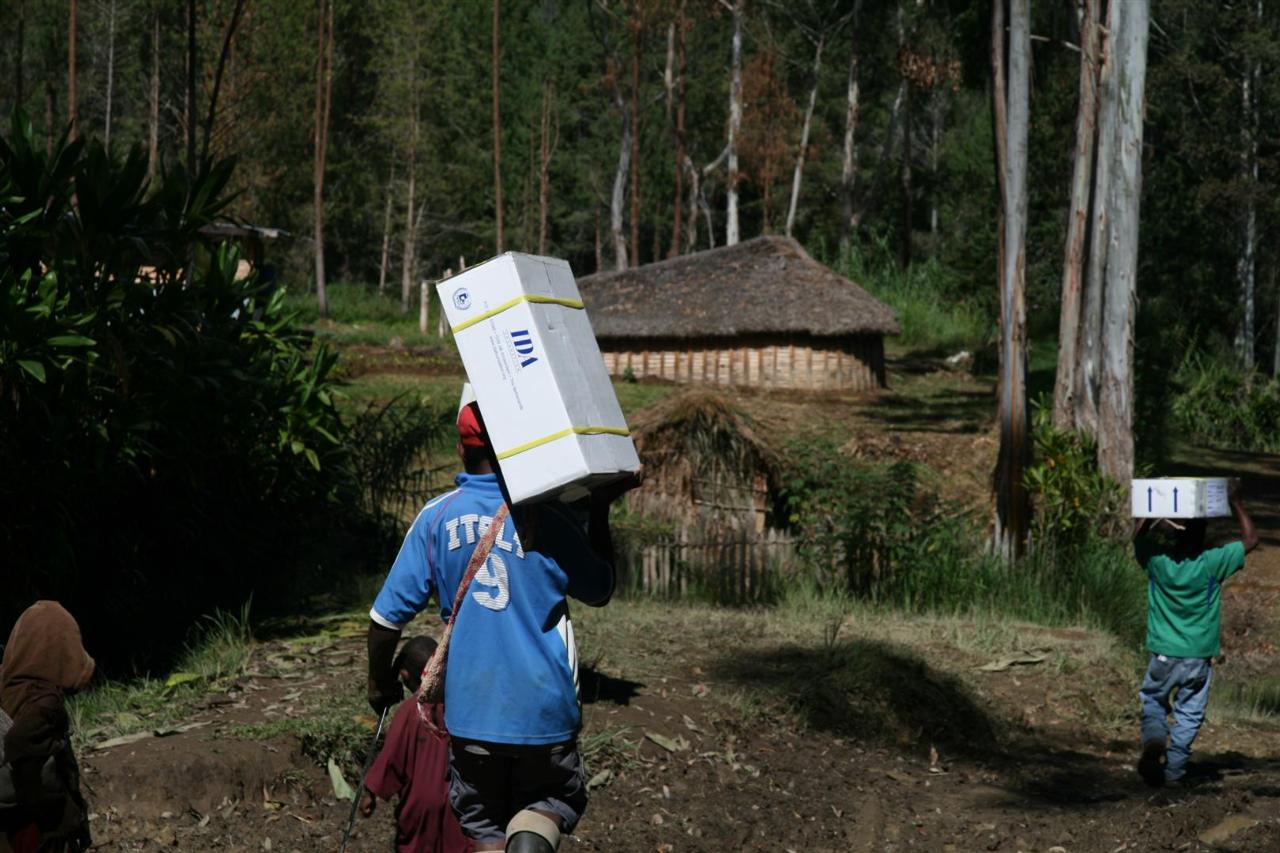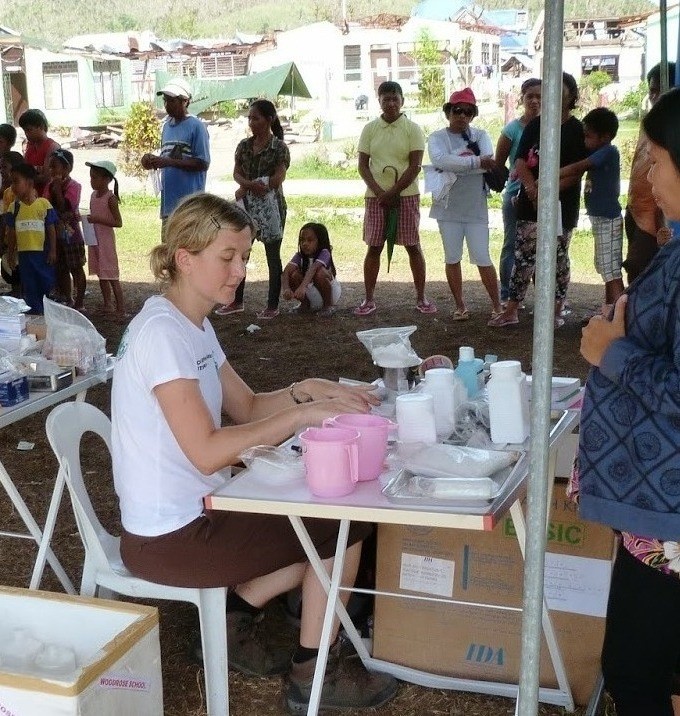Stories
Global programmes with major impact
Access to essential health commodities is critical to saving millions of lives around the globe. To improve access to medicines on a global scale, IDA Foundation acts as procurement agent to the following global health programmes:
- the Global Fund’s Pooled Procurement Mechanism (PPM)
- the Global Drug Facility (for TB)
- the Global Health Supply Chain programme (as part of the Chemonics-led consortium)
As one of the partners working within these global programmes, we are proud to contribute to improving access to essential medicines and supplies where it is needed most.
Customer Stories
IDA Foundation has a history of participating in programmes tailored to meet the specific needs of our customers. Below we share examples of projects that had a significant impact on the communities involved.
Supply of quality PPE items in times of COVID-19

Since the outbreak of the novel coronavirus (COVID-19) in early 2020 when the supply of critical Personal Protective Equipment (PPE) became acute, IDA has been actively working on the sourcing of these important items to address global healthcare challenges and shortages, especially in low- and middle-income countries. During this pandemic we built on existing – and created new partnerships. One of the organisations we supplied to during the COVID-19 pandemic is the Asian Development Bank (ADB). After a competitive bidding process, they placed an order of quality PPEs with IDA Foundation worth around $5.6 million to provide a steady supply of personal protective equipment (PPEs) to 13 developing countries in East Asia, Central and West Asia, and Southeast Asia.
To rapidly scale up the supply of PPEs for all of our customers, IDA set up an emergency quality assurance (QA) approval process which incorporates stringent quality guidelines and standards that comply with the World Health Organisation Model Quality Assurance System for Procurement Agencies. New PPE items are approved based on documentation verification to ensure compliance with regulations, and the artwork is photographed and assessed. Local norms for the product are taken into account in the approval process, for example ensuring acceptance by appropriate government authorities (such as United States Food and Drug Administration). In the case of new suppliers, IDA also performs due diligence as in non-emergency situations. This emergency approval is valid for 6 months, then the approval is reassessed. This emergency approach has allowed for the efficient and effective approval of PPE products, guaranteeing constant availability of the requested COVID-19-related supplies from a broad range of quality-assured manufacturers.
Jesper Pedersen at ADB commented: “The best practice for supply chain responsiveness and resiliency is to perform key aspects of quality assurance upfront to ensure parties involved in the manufacture of goods adhere to the applicable national or international standards of the items being produced. Quality control is then handled upon physical inspection of the goods to ensure the delivered items meet the agreed standards. This is exactly what we have seen so far in our relationship with IDA – the right goods, delivered at the right time, and to the agreed standard.”
Papua New Guinea: Essential health for rural communities
Access to healthcare is a challenge for the poorest people in Papua New Guinea (PNG), many of whom live in remote, rural locations that are hard to reach with essential services. Partnering in a health programme funded by AusAID, IDA supplied 130 different health products, sourced from 55 different suppliers in 12 different countries, and delivered to 6 different ports of destination.

What was our impact?
IDA and partners made essential medicines available at 2726 community health facilities in PNG. Each essential health kit contained enough medicines and medical supplies for the treatment of 5,000 patients for 4 months. In some communities, it was the first time that medicines had been available to the population.
Philippines: Responding to an emergency
When typhoon Haiyan / Yolanda hit the Philippines in November 2013, 1.9 million were left homeless and more than 6 million displaced in the Visayas region. With no food, water, or shelter available, millions of people needed health assistance. After a call to the IDA emergency phone by our customer PSF Germany, our team prepared for quick delivery of emergency kits for the affected region.
What did our customer say?
“With quick and efficient service, IDA Foundation allowed us to respond quickly by delivering the emergency health kits within a day. They were also very cooperative and helpful in organising transport and documentation. This enabled us to help approximately 100-150 patients per day in our clinic in the weeks following the disaster.” Stephanie Puegge, PSF Germany

